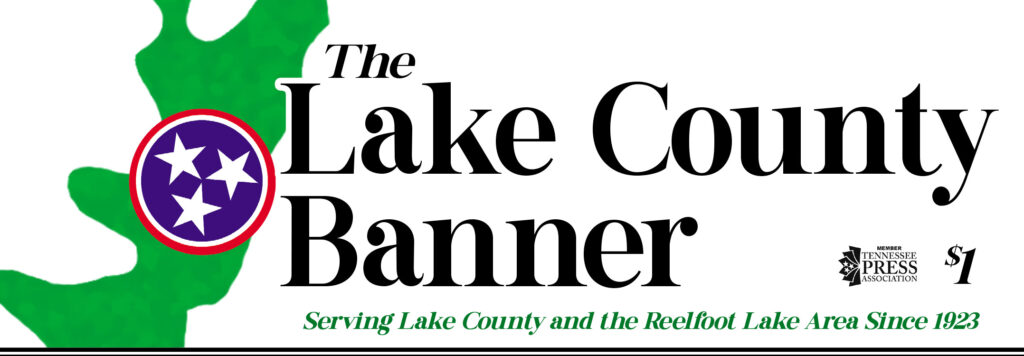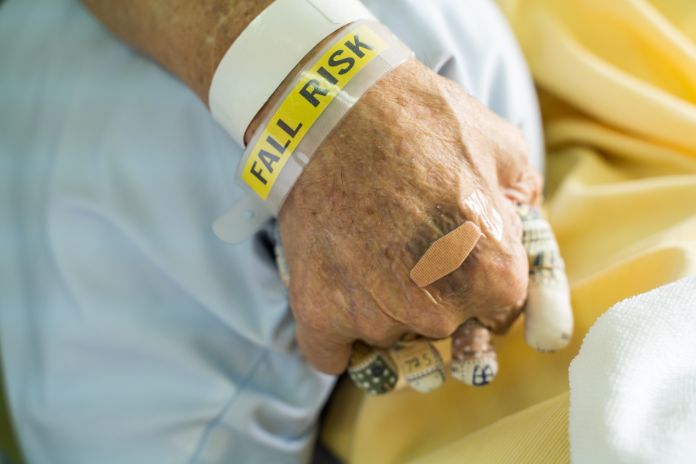
Is your car not turning over and generating a clicking sound instead? Learn below why your engine is clicking when you start it andwhatitmeansforyourcar’sbattery.
Engine Clicking: What It Means
You turn the key in the ignition, and instead of it turning over, you hear a clicking sound and nothing else. What does it mean? A clicking sound is one of the most recognizable signs your car battery is dying or out of juice.
Why is the engine clicking when you start it if the battery’s dead? The sound comes from the starter solenoid, which turns the engine on. If it doesn’t have sufficient power, it’ll click. The issue may not be the battery but one of its supplementary components, such as the starter motor, wiring, or ignition switch. However, the battery is dead in most cases, meaning you’ll need to get a new one.
Factors To Consider When Choosing a New Car Battery
If you need a new battery, there are a few things you should consider foremost, which we’ll go over here.
Battery Size
The first thing you need to figure out is the size of your car’s battery. The best way to check this is by consulting the owner’s manual, which will include all the specifications for choosing a new battery.
Car batteries come in groups based on their length, width, and height. This makes it relatively simple to find one that suits your vehicle. The battery should fit perfectly in the vehicle’s battery tray. So if you notice it’s slightly loose or that there are gaps, you have the wrong one.
Reserve Capacity
A battery’s reserve capacity (RC) is a helpful barometer for determining the quality of a battery. The RC is the amount of time, in minutes, a 12V battery can deliver 25 amps of power in a stable environment before it discharges to 10.5V.
For example, a battery with an RC of 120 can supply 25 amps for 120 minutes before the voltage drops. The RC would only be applicable when the alternator fails, but it’s useful for directly comparing car batteries.
Brand and Warranty
Lastly, you may feel tempted to buy the cheapest option available, but you want to be sure you’re purchasing from a respectable brand with a solid warranty. A car battery typically lasts three to four years, but you should want a battery with a warranty of at least two years.
The warranty ensures that if something goes wrong with the battery, you won’t be responsible for paying for a brand-new one just months after purchase. If the battery you’re considering doesn’t have at least a two-year warranty, that’s a red flag, and you should look elsewhere.







